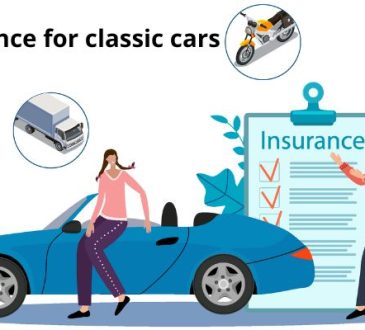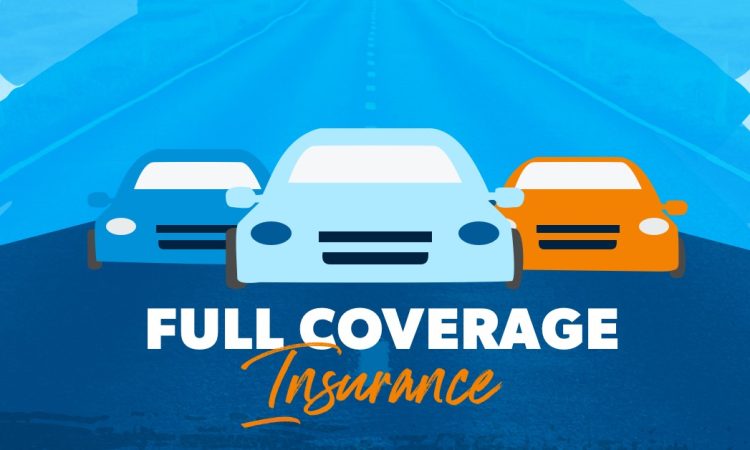
Full coverage auto insurance refers to a policy that covers liability, collision, and comprehensive coverage. These three insurance products provide a strong framework for your auto insurance coverage. Although not required by law, this coverage might be necessary in some situations.
If you are purchasing auto insurance or are considering your current policy, you may want to learn about full coverage auto insurance. So, What is full coverage auto insurance? We will tell you what you are wondering through this article. Let’s have a look!
Collision and Comprehensive insurance
Collision coverage might be compared to a PIP for your car. No matter who was at fault, you may make a claim with collision insurance to have any accident-related damage to your car repaired. Your car can be fixed right away because you don’t have to wait for the insurance company of the other motorist to make a payment.
Similar to collision coverage, comprehensive insurance only covers harm to your car brought on by external factors. Because the typical comprehensive claim is far smaller than the average accident claim, comprehensive coverage is significantly less expensive than collision coverage. A greater or lower deductible might also affect prices.
What is full coverage auto insurance?
Full Coverage Auto Insurance is a term that describes a variety of insurance coverages that, in most cases, can protect your car. It typically combines liability insurance, which covers injuries and property damage you cause to other people, with collision and comprehensive coverage, which will pay out if your car breaks down. The cost of full coverage insurance is higher than the cost of liability insurance, which only covers harm and loss you cause to others.
State legislation mandates some form of payment (such as auto liability). Depending on the insurance company and your circumstance, additional sums can be optional. Therefore, it is up to you to select the appropriate auto insurance for your needs. Make sure your policy complies with legal standards in your state and aids in protecting your car.
Why you should get full coverage auto insurance?
Full coverage auto insurance offers users the following benefits:
Practically everything that might harm your car is covered: Full coverage, which combines collision and comprehensive insurance with the mandatory liability, will shield your car from the majority of accidents, including hail and plane crashes.
Suitable for vehicles with high labor and part costs: Having enough insurance can save you from having to pay an exorbitant repair cost if you drive a Mercedes, BMW, or other sports/luxury vehicle.
Bring tranquility: You may be able to sleep better at night knowing that your expensive four-wheeler investment is secured if your car is fully insured.
What does full coverage auto insurance cover?
A combination of liability, collision, and comprehensive insurance is included in full coverage auto insurance, giving you sufficient protection against most car-related risks.
You should carefully grasp the details and policies around full coverage auto insurance before purchasing it. The inclusions and exclusions listed in your auto insurance policy should be understood in full. You must carefully read it for that, though. You can also explore any coverage exclusions with your insurance representative.
The policy of full coverage auto insurance includes:
Liability Insurance: If you cause an accident, liability auto insurance offers financial protection. Bodily injury liability coverage and property damage liability coverage are frequently included in liability insurance policies.
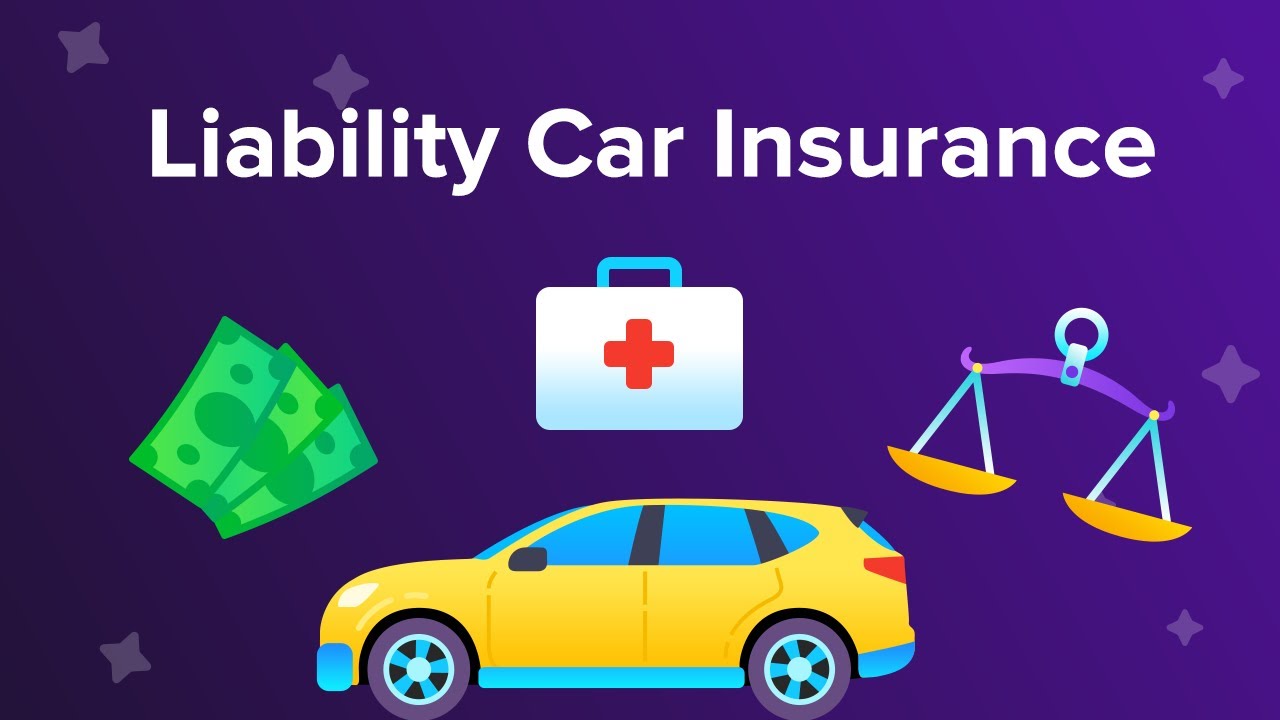
Collision insurance: If your car collides with another item, like a tree, vehicle, or retaining wall, collision insurance will pay for the resulting damage to your car.
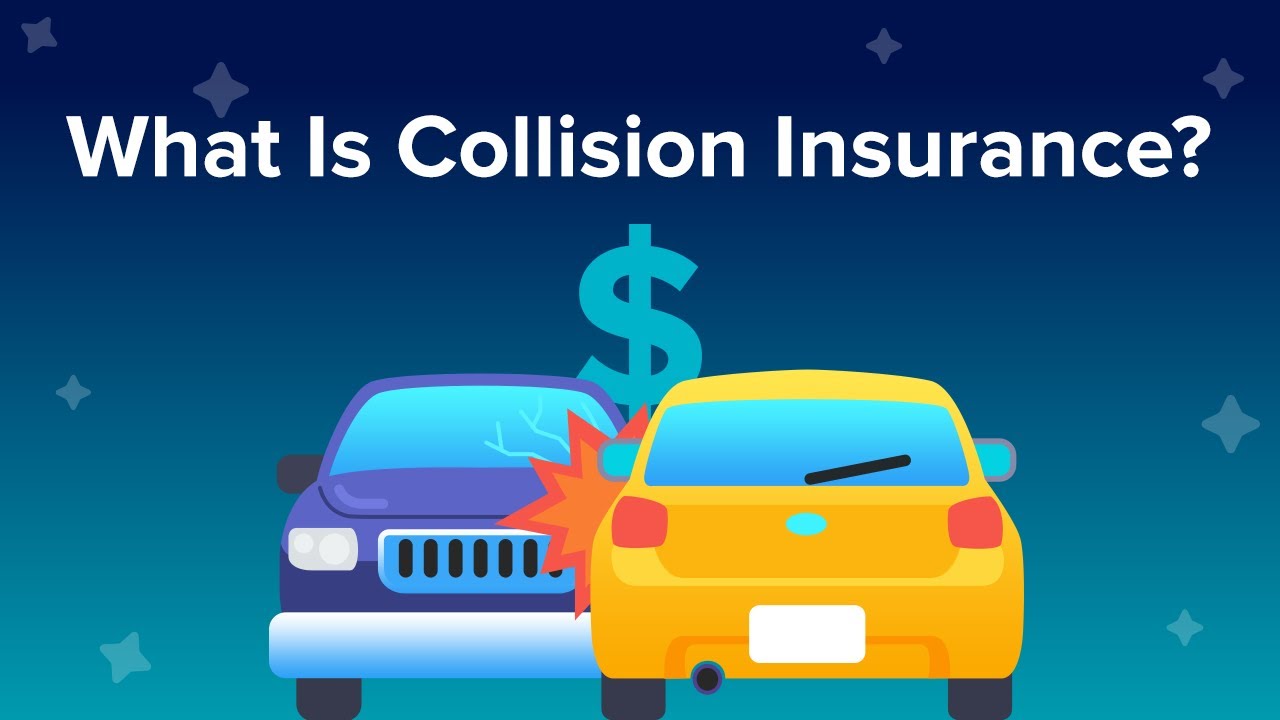
Comprehensive insurance: Vehicle damage from incidents other than collisions is covered under comprehensive insurance. This includes artifacts that fall, burn, or are vandalized. Even if your automobile is stolen, it will still pay.
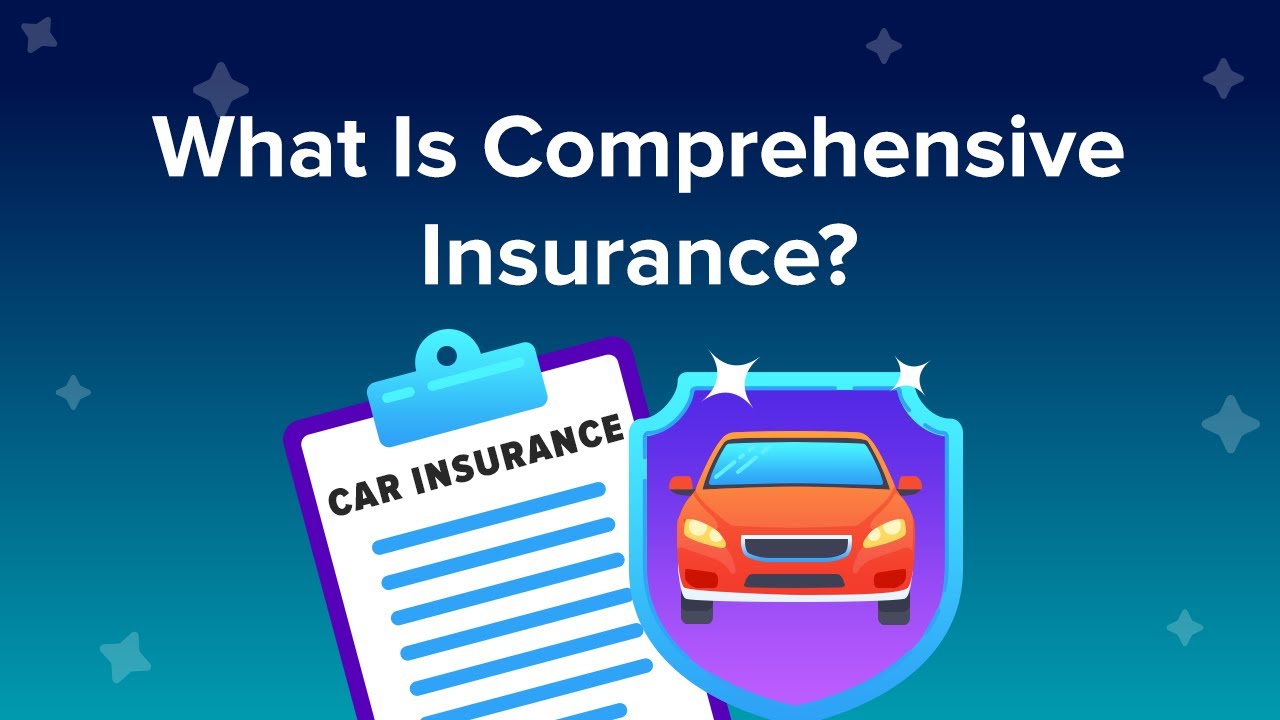
How to save money when buying full coverage auto insurance
Enroll in a driving safety course: When you spend $25 on a one-hour online defensive driving course, you can save 5% to 15% on your entire insurance cost.
Taking part in a program for communications: When you sign up for driver monitoring services like GEICO DriveEasy and Progressive Snapshot, you frequently receive an immediate discount of 5% to 10%. Additionally, it provides a six-month additional 30% discount on driving while teaching Driver’s Ed.
A higher deductible: If your financial situation has improved and you can now afford to spend $1,000 or perhaps $1,500. You can think about raising your deductible in the event of a claim to sharply reduce your premiums.
Revisit your driver profile: Your premiums may decrease if you get married, drive less, or move to a safer neighborhood. But until you inform them, your provider won’t be aware.
Conclusion
Even though you have fully paid for your car, you do not have full coverage auto insurance. You might think that your chances of suffering crash damage are low if you drive an old, low-value vehicle. You have the option to disregard full coverage auto insurance in this situation.
What is full coverage auto insurance? Above is what we know and have shared with you, now you probably know the answer and related things. We hope the article will help you more than you expected. Thanks for your visit.
Maybe you want to know:
Top 10 Best Car Insurance Companies Recently




